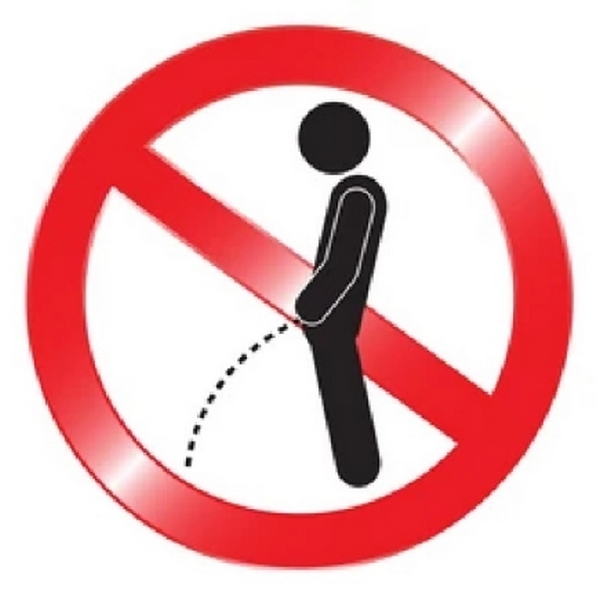By now, even the unlettered in Ghana should understand the graffiti ‘Do Not Urinate Here’.
It is on walls in cities, big and small towns and villages.
It is written in different colours and varying print modes; some printed with charcoal.
Open urination has slowly become a culture in Ghana, a norm; I do it, you do it, everybody does it.
Perhaps, because of physiological reasons, women are less seen doing it, but they do it too.
When one is away from home, an important utility is a public urinal and toilet perhaps.
But importantly, a urinal because the urge comes more often to man than defecation.
“Ideally, experts say that adults should be urinating every three or four hours while they are awake, though the frequency may change depending on how or what you are drinking or eating or whether you are pregnant (A guide to peeing; How often you should go and other helpful tips; Allyson Chiu, Nov. 10, 2021).
Every day, hosts of people pour out of their homes for one activity or the other.
The hypertension prevalence rate in Ghana is high.
Thus, out on the streets, there will be the need to answer nature’s call.
Open
Currently, for many, it will have to be done in the open, on bushes, street corners, against walls, sometimes depending on the urgency and location, right against walls marked with the graffiti “Do not Urinate Here”.
It is the responsibility of Metropolitan, Municipal and District Assemblies (MMDAs) to provide sanitation services; but it is obvious these organisations are not up to the task.
Travelling
When traveling, I have requested, in many cases, out of curiosity, to be directed to a urinal and the discoveries have been devastating.
Gobs of mucus, caked shit, assorted plastic wastes and butts of burnt paper abound in the enclosures called toilet facilities, which normally radiate foul smells.
There is hardly any trace of a local government official, traditional ruler or member of parliament giving any input on the nagging issue of open urination.
Whilst walking the street of Mbabane, the capital of Eswatini (Swaziland), a tiny country in Southern Africa, a Ghanaian male went behind some hedges and started urinating.
He told me two city guards shoved through the hedges and commenced the process of issuing him a receipt for a fine for open urination.
The culprit said he used the card of being an old man and also a foreigner to be excused.
This other incident happened in Ho during the peak of the coronavirus pandemic.
A former municipal chief executive (MCE) in the team of a political party distributing items to hospitals urinated in the open.
This happening is evidence of the need to get planners working to tackle the ingrained habit of splashing urine anywhere.
Other countries have many designs of public urinals.
Ghana should be doing the same, especially so, when walking into a public facility and asking to be directed to a urinal is not part of us.


